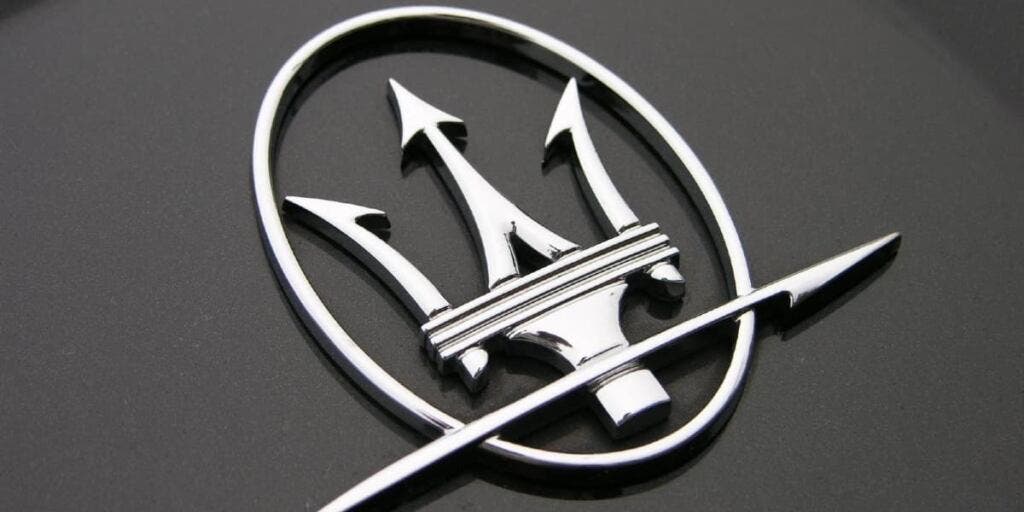2023 posed significant challenges for Maserati, as Ferdinando Uliano, National Secretary of Fim Cisl, highlighted with data. The company saw a significant decrease in production compared to 2022, dropping by 49%. This downturn significantly affected the Turin production hub, which only managed to produce 8,680 units across five models: Gran Turismo, Gran Cabrio, Levante, Ghibli, and Quattroporte. This marked a critically low level, even more so when considering the Turin plant alone produced 55,000 units in 2017, as Uliano points out.
Maserati hopes to leave behind a forgettable 2023, marred by halved production and sets high expectations for 2024
Looking towards 2024, there is anticipation for the launch of the electric Folgore, GT, and GC versions. However, Uliano expresses concerns that these new models, despite their potential for better sales performance, might not fully offset the end of Ghibli and Quattroporte production or maximize the production capacity along with the Levante SUV.
The full-electric Quattroporte is set to start production in 2025. Accelerating the introduction of this new sedan is crucial, says the trade unionist. In line with Stellantis’ Dare Forward 2030 plan, the aim is to triple its presence in the premium and luxury segments. Uliano stresses the importance of achieving this at the Mirafiori plant and suggests adding another widely distributed full-electric model to ensure ongoing production.

In 2023, Maserati, also operating in Modena, produced 1,244 MC20 units, including the GT2 variant, maintaining stable production volumes compared to 2022 and expecting similar output in 2024. The Cassino plant, meanwhile, saw a 27% increase in Maserati Grecale production, adding 3,640 cars. However, the Cassino plant, which also produces Alfa Romeo Stelvio and Giulia, generally faced several difficulties, with decreases in both production and staff.

